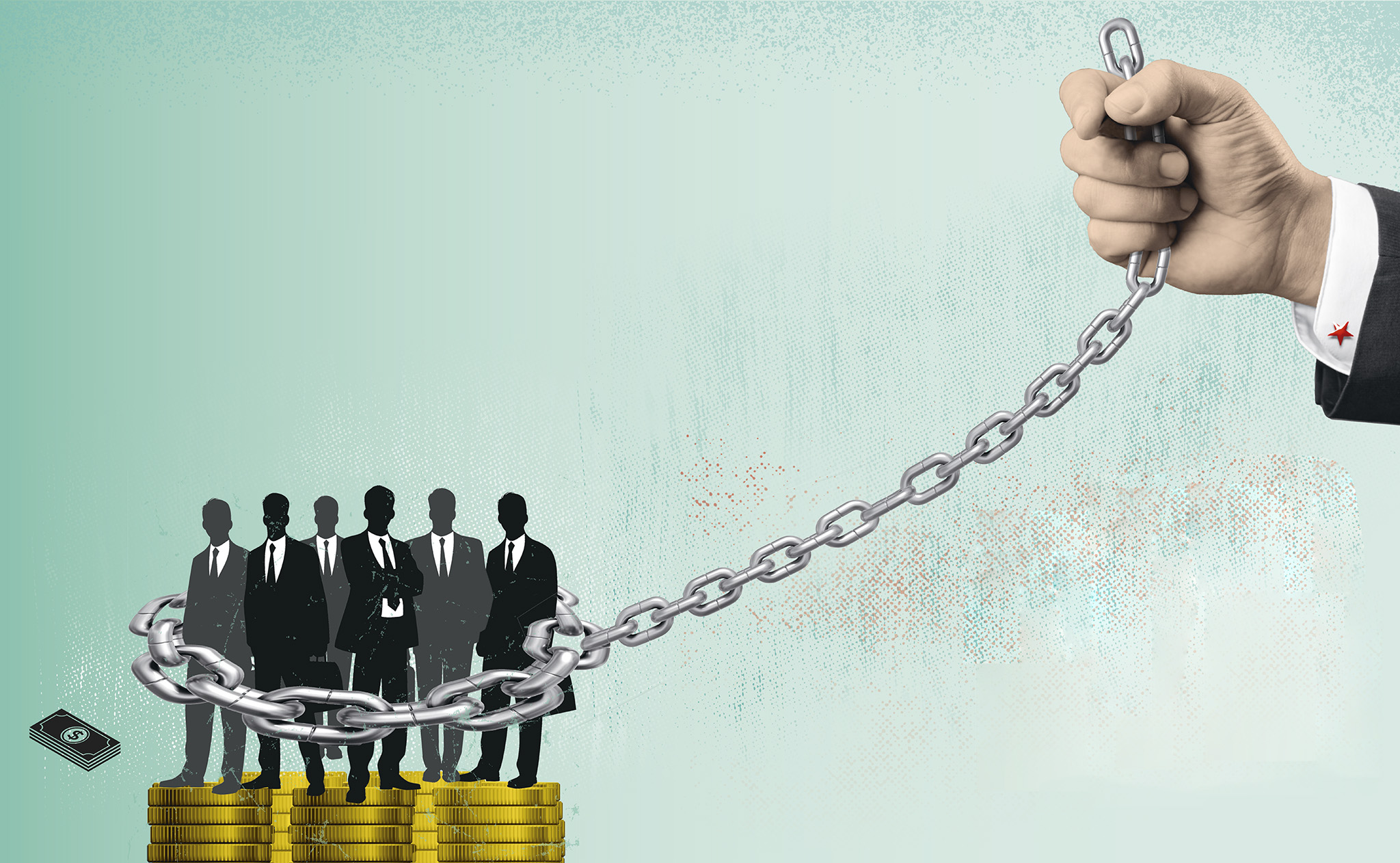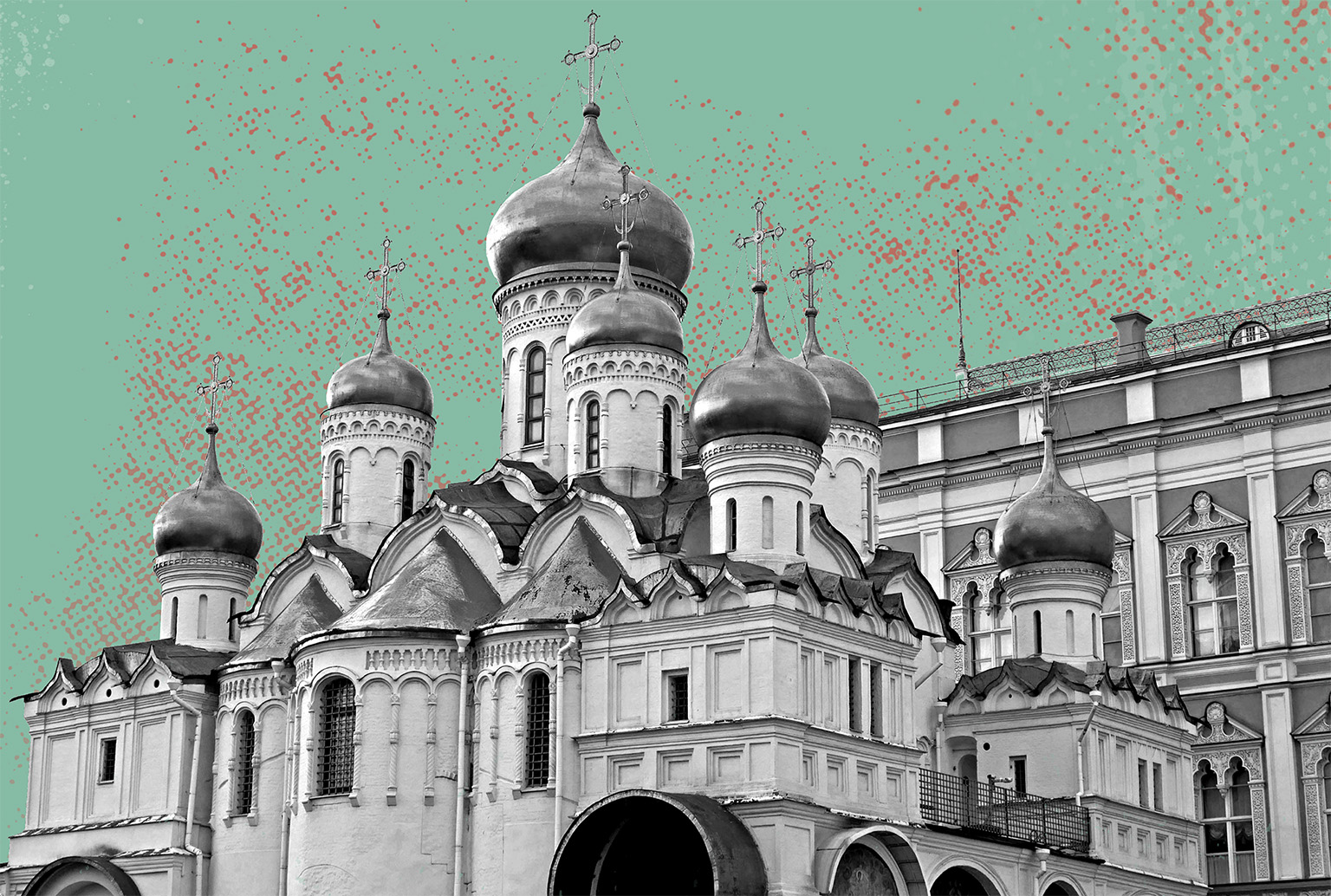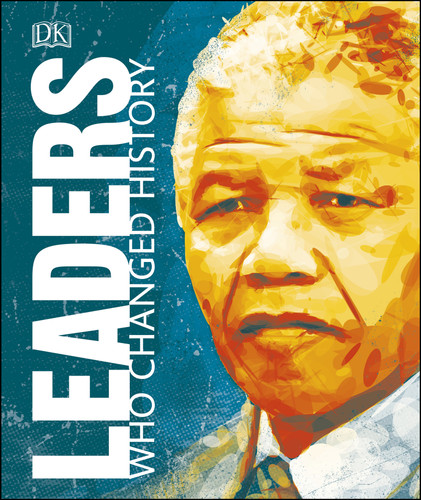
VLADIMIR PUTIN
1952–
When Vladimir Putin was democratically elected president of the Russian Federation in March 2000, his country was still shaking off its communist past. Within a decade, Putin revived Russia’s economy and raised it’s profile on the international stage, where for many, he remains a highly controversial figure.
Born in Leningrad (now St. Petersburg), Vladimir Putin was raised in a working-class family. After leaving school, where he became fluent in German, Putin studied law at Leningrad State University. Graduating in 1975, he immediately joined Russia’s secret police, the KGB, as an intelligence officer. After 10 years in mostly administrative roles, he moved to Dresden, in Soviet East Germany, to work undercover as a translator.
Tasting power
Returning to Russia in 1990, Putin became an assistant to Anatoly Sobchak, mayor of St. Petersburg (and a former professor at Putin’s university), before being promoted to First Deputy Chairman of the Government of St. Petersburg in 1994. When Sobchak failed to be reelected in 1996, Putin moved to Moscow and joined the office of President Boris Yeltsin.
Yeltsin, then in ailing health, was an early supporter of Putin. In 1998, he appointed Putin director of Russia’s secret service, the FSB, then as acting prime minister the following year—when he also proclaimed Putin to be his successor as acting president. When Yeltsin resigned in 1999, Putin used the presidential election campaign to portray himself as Russia’s savior from decline. Victorious, Putin was duly inaugurated as president in 2000.
“Russia needs a strong state power and must have it. But I am not calling for totalitarianism.”
Vladimir Putin, 2000
Russia reborn

Putin quickly set about reorganizing the Russian economy, including cutting corporation tax and formalizing a new tax system. Industrial productivity steadily increased, oil and gas exports soared, and within 5 years, Putin was able to repay the $70 billion of foreign debt accrued by the Soviet Union to international creditors.
As the economy improved, ordinary Russians also prospered, enjoying rising wages, greater consumer choice, and increasing standards of living. Putin was understandably popular, and when he stood for reelection in 2004, he received 71 percent of the vote. Putin’s popularity was not universal, however, and the first of many rallies against his leadership were held in cities across Russia in 2007. Although Russia’s constitution prevented him from standing for a third consecutive term as president, his grip on power continued as prime minister (2008–2012) and then again as president from 2012. Accusations of electoral fraud led to further large-scale protests across the country in 2011–2013.
Putin’s international reputation has also fluctuated during his leadership. He has faced condemnation and sanctions from the West for his country’s suspected involvement in the assassination of former spies overseas, its annexation of the Crimea region in Ukraine in 2014, and its intervention in the war in Syria. However, many Russians feel that Putin has restored their pride in their country, and when he was reelected in 2018, it was with 77 percent of the vote.
“The task of the government is not only to pour honey into a cup, but sometimes to give bitter medicine.”
Vladimir Putin, 2011

Putin imposed tighter controls on former state-owned businesses that were funneling money outside Russia to avoid paying taxes. This strategy helped to transform the Russian economy.

Putin was blessed by the head of the Russian Orthodox Church at the Annunciation Cathedral, Moscow, following his inauguration in 2018.
BORIS YELTSIN

President of the Russian Federation from 1991 to 1999, Boris Yeltsin (1931–2007) was the country’s first democratically elected leader following the collapse of the Soviet Union.
Inaugurated on July 10, 1991, Yeltsin, alongside the leaders of Ukraine and Belarus, dissolved the Soviet Union five months into his tenure through the Belavezha Accords. Although regarded as a reformist, Yeltsin’s style of leadership was autocratic. In an effort to boost Russia’s economy, Yeltsin eradicated price controls, which led to statewide hyperinflation. He also privatized most state-owned industries and introduced an ill-conceived tax system, which undermined both the economy and the government’s own finances. In 1999, Yeltsin made Vladimir Putin one of his three deputies and named Putin his successor later that year.
MILESTONES
joins kgb
Inspired by Soviet movies as a child to be an intelligence officer. Joins the KGB, 1975.
OVERSEAS POST
Allocated by the KGB to work as a translator in Dresden, Germany, 1985. Works there for five years.
BECOMES PRESIDENT
Wins Russia’s presidential election with 53 percent of the vote in March 2000.
retains control
As Prime Minister, shares power with new president, Dmitry Medvedev, (2008–12).
REELECTION
Reelected president, 2018, for six-year term. Vows not to run for office again in 2024.
